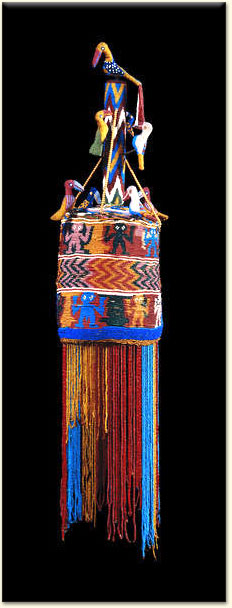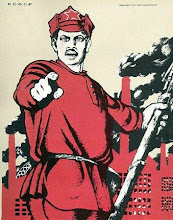Hassan Nasir
A good story...
Dawn:
Hassan Nasir: The man who wasn’t there
Nadeem F. Paracha — Updated Nov 08, 2015 12:41pm
http://www.dawn.com/news/1217943/hassan-nasir-the-man-who-wasnt-there
...But who was Hassan Nasir?
Hassan Nasir was born into an aristocratic Muslim family in Hyderabad Deccan, India. After finishing school in his hometown, Nasir got admission in UK’s prestigious Cambridge University where he came into contact with various young British and Indian Marxists.
On his return to India, and against his family’s wishes, he plunged into a peasants’ uprising against feudal lords and British Colonial overlords in the Telangana region.
When the movement collapsed after the departure of the British in 1947, Nasir decided to migrate to Pakistan. In 1950, he arrived in Karachi and joined the Communist Party of Pakistan (CPP). His family stayed back in India.
Though just 22 years old at the time, he greatly impressed the CPP leadership with his profound knowledge of Marxism.
Soon, Nasir’s revolutionary outlook and charisma made him popular among college students, peasants and factory workers. In 1954 he was arrested by the government, jailed, tortured and then forcibly flown back to India.
However, in 1955, he quietly slipped back in. Since the CPP had been banned, Punjabi and Urdu-speaking leftists began joining progressive Sindhi, Baloch, Bengali and Pashtun nationalists to form the National Awami Party (NAP). In 1957 Nasir was made the party’s secretary general in Karachi.
He turned his office into a busy working and planning area for leftist students and trade unionists. Though his aristocratic background could have easily guaranteed him a rich and comfortable life in Karachi, he chose to live among labourers cramped in and around the make-shift shanty towns that had sprung up in the glittering metropolis.
In 1958, when Field Marshal Ayub Khan launched a military coup, he ordered a crackdown against leftists as well as against the religious parties. Nasir went underground.
Veteran communist leader, Jamal Naqvi, in his 2014 memoir writes that in 1960, Ayub, while being briefed by Karachi’s police chief, lost his cool when Nasir’s name came up. He is reported to have lashed out and shouted, ‘How is that bloody communist still free … ?’
The Ayub regime was equally harsh towards the religious parties. But Nasir’s activities and his popularity among the students and labourers had begun to greatly perturb the regime.
Nasir was finally located, hiding in a shanty town in Karachi. He was picked up by the police and then flown in chains to a special cell that had been set-up by the police in Lahore’s historical Lahore Fort.
Naqvi informs that here Nasir was continuously tortured, beaten up and refused food and water for days. Then finally, he was slayed in his muggy, tiny cell. He was just 32.
The Muslim aristocrat’s son who had become a communist rebel was never seen or heard from again...
--


















No comments:
Post a Comment